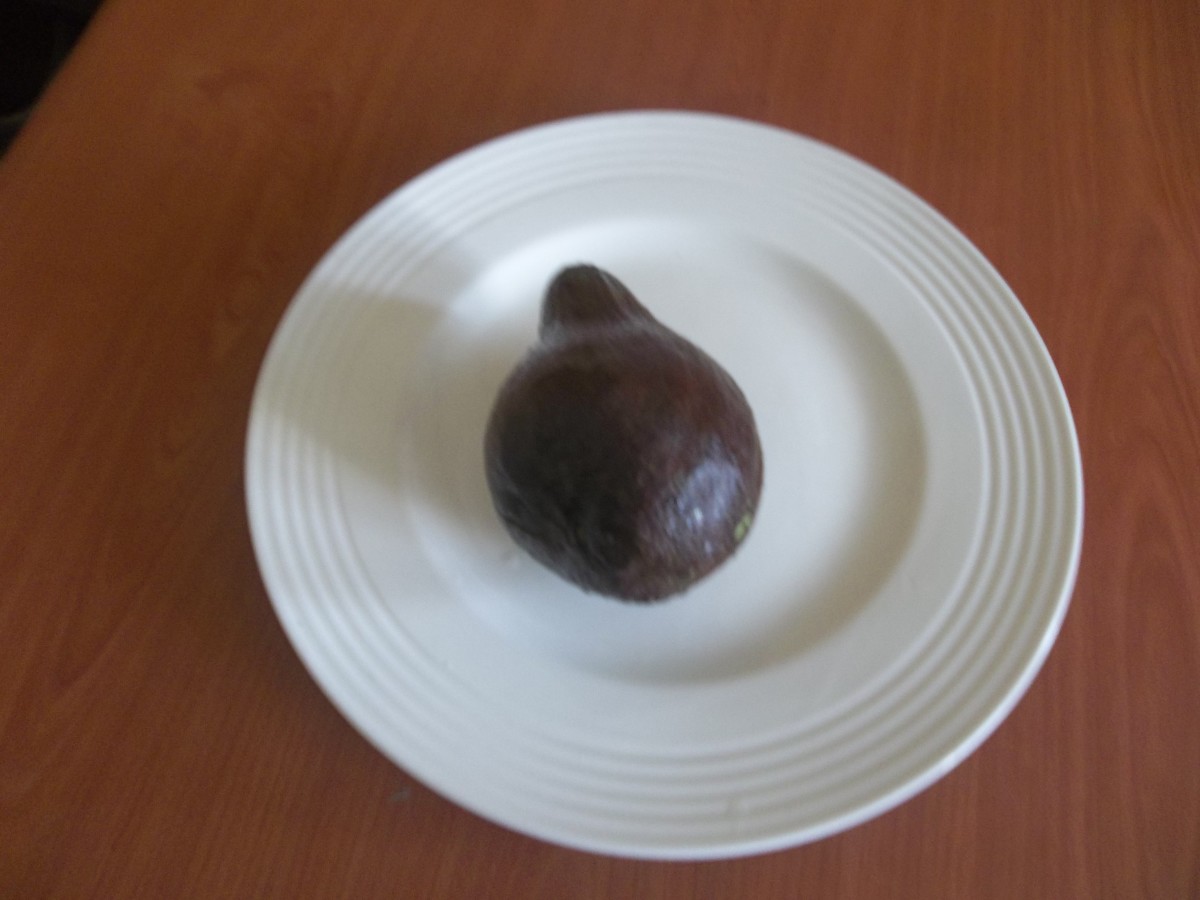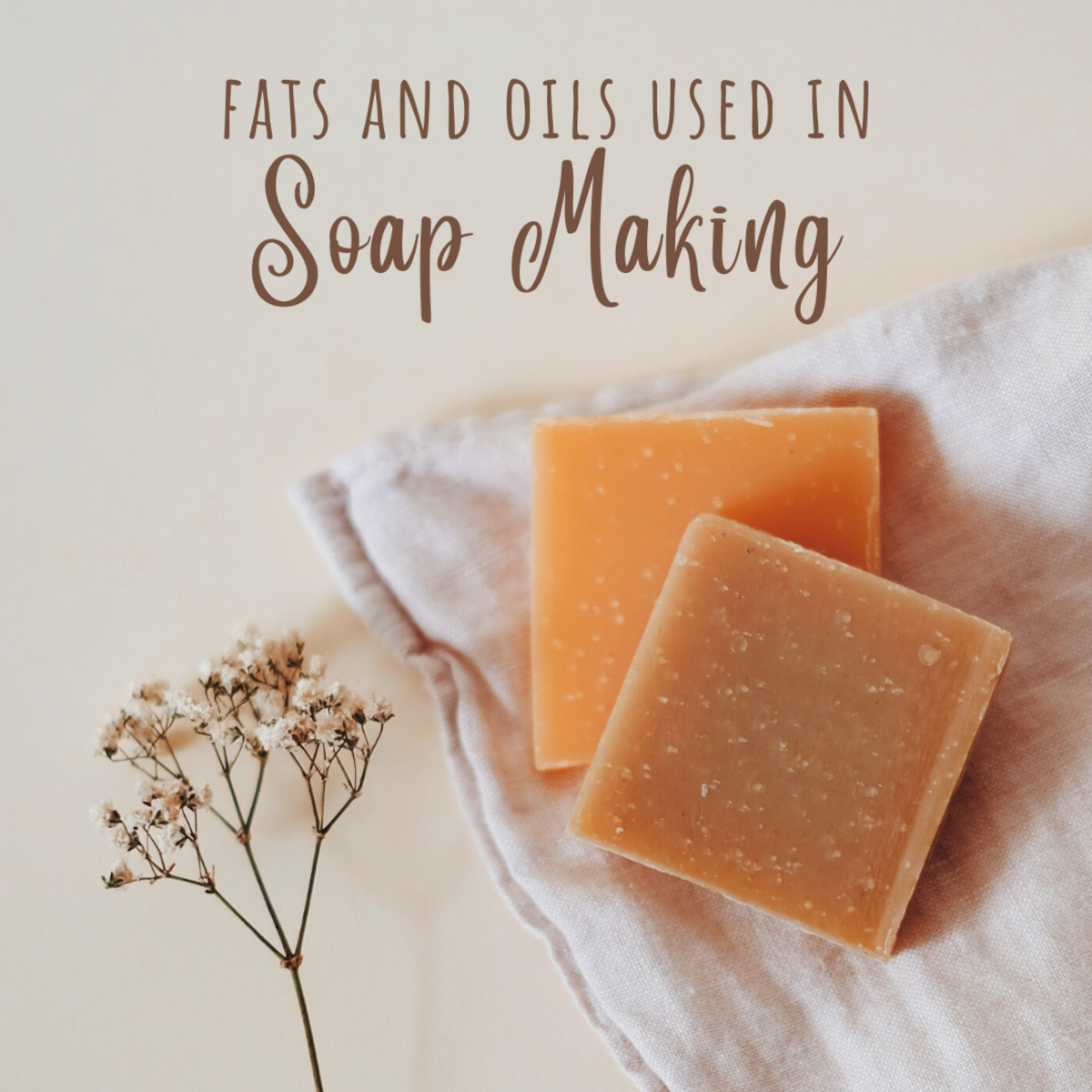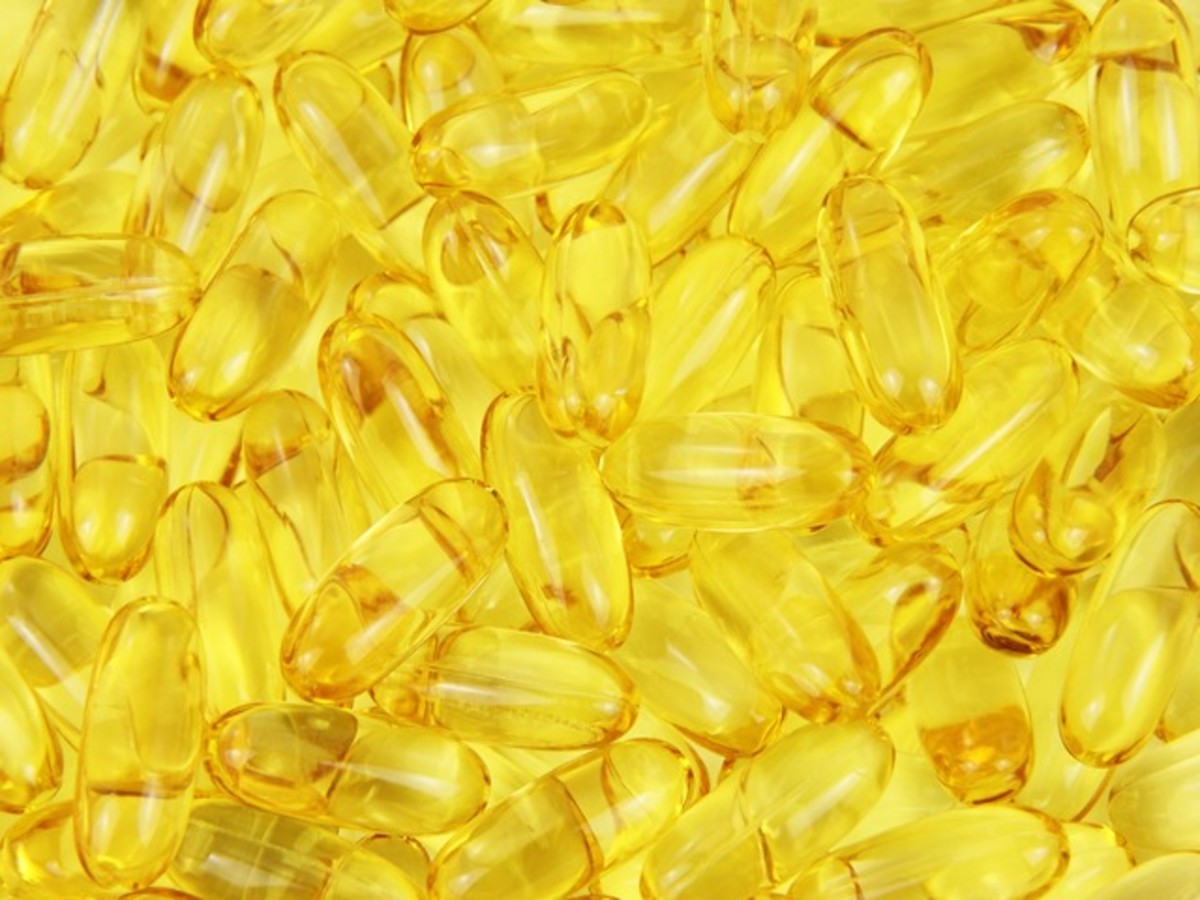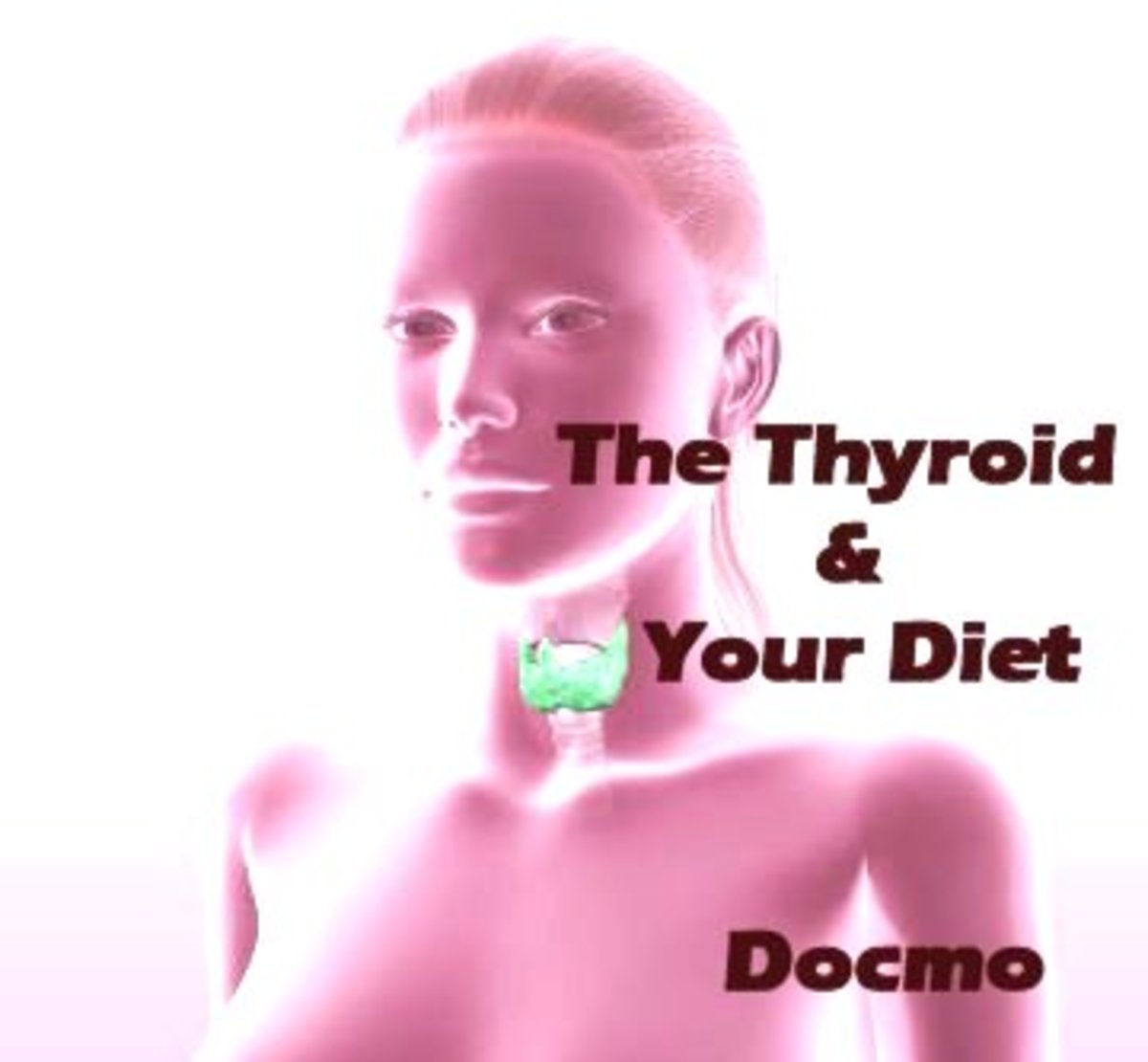Polyunsaturated Vegetable Oils Are Not Healthy
Avoid Polyunsaturated Vegetable Oils
If you are interested in your health, avoid consuming polyunsaturated vegetable oils. Do not cook with them. Do not consume foods that are cooked with them. Such oils to be avoided are corn oil, sunflower oil, safflower oil, canola oil, soybean oil, and others. Often these are the inexpensive oils in plastic bottles with various advertisement of health claims on their labels. But those who understands the biochemistry of oils will know that these are the worst oils to cook with.
Coconut oil is fine and is the preferred oil to cook with. Olive oil is fine if it is virgin and unprocessed and used unheated over salads. Technically, coconut and olives are fruits and are not vegetables. Coconut oil is primarily saturated fat. Olive oil is primarily monounsaturated fats with 75% of it fat in the form of oleic acid. Notice that these high quality oils are in glass, not plastic. Olive oil should be in dark glass in order to avoid direct light.
PolyUnsaturated, MonoUnsaturated, and Saturated Fats
The bad vegetable oils are the ones that contain polyunsaturated fats. These are the types of fats that are most easily oxidized and go rancid. Polyunsaturated fats contain multiple double bonds in their carbon chain. The double bonds have missing hydrogen atoms and hence are chemically unstable.
Polyunsaturated fats are liquid at room temperature and still liquid in the refrigerator. Their molecules are non-linearly shaped and they have twists in them. Hence they do not pack into solids readily. And under high temperature, these molecules break resulting in atoms (known as free radicals) with unpaired electrons or an open electron shell configuration. Because of this, these atoms are chemically reactive and will snatch electrons from other nearby molecules damaging them in the process. This damage is known as oxidation stress and free radical damage. It produces inflammation in the body.
Mono-unsaturated fats (such as olive oil) is not as bad as polyunsaturated fats since mono means that it has only one double bond with missing hydrogen. Their molecules are almost straight, except for one kink where the double bond is. They are still liquid at room temperature. But will solidify when put in refrigerator.
Saturated fats (such as coconut oil) is most stable and since all it hydrogen electron shell are completely fill (or saturated) with electronics. Their molecules are straight and can easily pack into a solid. That is why coconut oil is solid at room temperature and it very heat resistant. It is produce the least free radical damage and inflammation.
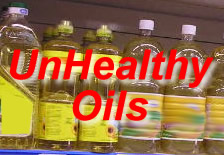
Avoid Trans Fats
Many processed foods uses vegetable oil. Look at the ingredients label. If you see "vegetable oil", do not buy. This includes any phrases that says "hydrogenated vegetable oils". Hydrogenated vegetables oils are better known as "trans fat". Trans fats are the worst types of fats. So bad in fact that some countries such as Denmark has banned them.
Trans fat is made by subjecting vegetable oils to high temperatures and pressures and injecting it with hydrogen atoms. This partial hydrogenation makes the vegetable oil more stable by filling some of its unpair hydrogen atoms. However, in nature, the hydrogen atoms are in a cis-configuration where the two hydrogen atoms are on the same side of the double bond. But the hydrogenation process results in a "trans-configuration" where the two hydrogen atoms are opposite side of the double bonds. Hence the name trans-fat. This trans-fat is physiologically dangerous to consume. Because its molecule is so similar to natural saturated fat, the body incorporates these trans-fats into its cell membrane. Natural saturated fat is what the cell membrane needs so that the cell works well and signals and communicates with adjacent cells well, resulting in good health. But when these natural saturated fatty acids in the cell membrane is replaced by trans fat, dead spots occur in the cell membrane and the necessary chemical reactions do not occur. Some speculate that this may be one contributing factor to insulin resistance when the cell's insulin receptor is not responsive to insulin.
Avoid Hydrogenated Vegetable Oils
Dr. Mark Hyman write in his book UltraPreventation ...
"Throw out all foods whose ingredients list includes hydrogenated oil, or partially hydrogenated vegetable oil".
Oxidation of Lipids
Even if you are not consuming trans fat. It is still wise to avoid polyunsaturated oils since they become oxidized and rancid more easily than monounsaturated and saturated fats. The oxidative degradation of oils and fats is known as "lipid peroxidation".
In a presentation at the Ancestral Health Symposium, Chris Masterjohn presented convincing arguments that it is the oxidation of the lipids in our blood stream that is the cause of heart disease.[1]
The amount of oxidation is determined by the type of lipid, the amount of time the lipid is in the blood stream, and the anti-oxidation ability of our physiology. The amount of time the lipid is in the blood stream is determined by the amount of activity of the LDL cholesterol receptors on our cells that uptakes the cholesterol from the bloodstream into the cell for use.
Registered dietitian Annette Presley explains in an Hawthorn University webinar that it is oxidized LDL cholesterol that is contributing to heart disease. People with bad LDL receptors can not get LDL cholesterol into their cells and the LDL cholesterol stands around in the blood stream and increases the amount of oxidation.
Since, the polyunsaturated fats of vegetable oils and margarine that are the ones that get oxidized quickly, these are the ones to be avoid.
The book, The Mood Cure, writes about vitamin E...
"All of us need vitamin E to help protect our entire brain and body from the serious dangers of free radicals caused by rancid (oxidized) fats. Vegetable oils (except olive oil) and trans fats in margarine and shortening are particular problems and have had their natural vitamin E content removed or destroyed during their processing." [page 197]
Vegetable Oils High in Inflammatory Omega-6
Not only do vegetable oils oxidized readily, they contain inflammatory omega-6 fatty acid. In a previous article, I explained that omega-3 is beneficial and anti-inflammatory, while omega-6 is inflammatory and contributes to the development of many inflammatory diseases.
Although both omega-3 and omega-6 are needed for health, our modern diet skew the balance on the side of too much omega-6 and not enough omega-3. Since they both omega-3 and omega-6 compete for the same positions in the cell membrane, you want to limit your omega-6's so that your membranes can benefit more from the omega-3's.
Take a look at the omega-6 content of some of these vegetable oils (based on Chris Kresser article):
Safflower oil (linoleic version): 75% omega-6
Sunflower oil (linoleic version): 65% omega-6
Corn oil: 54% omega-6
Cottonseed oil: 50% omega-6
Sesame oil: 42% omega-6
Peanut oil: 32% omega-6
These oils contain none or very little omega-3's.
Julianne Taylor has chart of the omega-6 and omega-3 content of various oils.
The Dietary Cure for Acne by Dr. Loren Cordain also has some data on the omega-6 to omega-3 ratio of various oils. The lower the ratio, the better.
- Canola oil: 2.00
- Walnut oil: 5.08
- Soybean oil: 7.5
- Avocado oil: 13.0
- Olive oil: 13.1
- Rice bran oil: 20.9
- Corn oil: 83.0
- Sesame oil: 137.2
- Cottonseed oil: 258.0
- Sunflower oil: 472.9
Note some manufactures are now making the "high oleic" healthier versions of sunflower and safflower oils. The high oleic versions will have less omega-6 than the linoleic version shown above. Oleic acid is an monounsaturated omega-9 fatty acid.
Authorities Who Say to Avoid Vegetable Oils
Dr. Mercola lists vegetable oil in his article "Top Five Health Foods to Avoid" and says that it is the worst oil to cook with. He writes ...
"Cooking with vegetable oil results in the formation of molecules more toxic than trans fat"
Canola oil's omega-3 can goes rancid in the manufacturing processing. Safflower, sunflower, grape seed, and soybean oils are also high in polyunsaturated fats which oxidize easily and/or partially hydrogenated in the manufacturing process. As for corn oil, that just boggles his mind. He does however like olive oil and coconut oil.
Chris Kresser's Thriteen Ways to Naturally Prevent Heart Disease writes ...
"Avoid and never cook with vegetable oils such as sunflower, safflower, corn and soy as they become easily oxidized and rancid when subjected to heat."
EatingRules.com has an very interesting chart comparing the various types of oils for its healthiness and heat-hardiness.
Book Primal Body, Primal Mind writes that vegetable oils causes changes in the body that can lead to various cancers and cardiovascular diseases. It writes ...
"Vegetable oils, particularly commercial soybean, safflower, sunflower, corn, cottonseed, and canola oils, are an unnatural, very recent addition to the human diet. They are extremely prone to rancidity and cause mutagenic and atherogenic changes in the human body. ... High consumption of these oils contribute to premature aging, wrinkles, cancers, and many inflammatory processes. They should never, ever be used in cooking." [page 113]
"The Perfect Health Diet"
Paul and Shou-Ching Shih Jaminet pioneered what they call "The Perfect Health Diet" which is described pictorially on their site. See that vegetable oils are listed under the "Do Not Eat" section. Instead, it says to eat fats & oils such as butter, coconut oil, olive oil, beef tallow, duck fat, and pork lard."
Essential Fatty Acids
The two types of essential fatty acids are "alpha-linolenic acid" (more popularly known as omega-3) and "linoleic acid" (known as omega-6). This means that humans need to ingest them because they can not be made on their own. Both these are classified as polyunsaturated fats.
Polyunsaturated fats are have multiple double bonds in the carbon chain. Omega-3 for example is an polyunsaturated fat with a double bound three links down from the methyl end of the molecule.
It may sound confusing that we say polyunsaturated fats are bad, but omega-3 and omega-6 are essential to consume and they are polyunsaturated. That is because we are saying that you should not consume the polyunsaturated oils that comes in the bottles in the supermarket. They are highly processed and subjected to high temperatures. By the time they are in the bottle and on the grocery shelves, the oils have already been damaged through heat and is rancid. You do not smell them as rancid because they have been deodorized.
However, yes you should consume the omega-3 fatty acids and the omega-3 fatty acids that are naturally present salmon, sardines, beef, pork, chicken, turkey, avocado, olives, and other natural foods.
More References:
Note:
This article was updated July 2013 and is opinion at the time of writing. Author is not a medical professional and this is not medical advice. This article is linked to the blog carnival of health related links on Butter Believer site.





